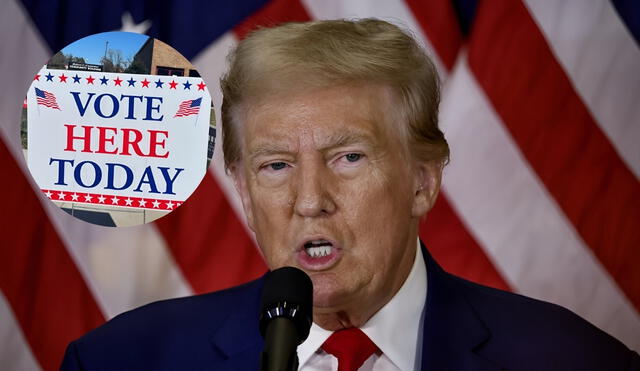Donald Trump hints at possible third term in 2028 elections
Trump ignites controversy with hints at a third term, challenging constitutional limits and fueling a fierce political battle. As 2028 approaches, will his influence reshape America’s democracy?

In a recent interview, President Donald Trump suggested he might seek a third term in 2028, despite the 22nd Amendment limiting presidents to two terms. He mentioned "methods" to circumvent this restriction, including the possibility of Vice President J.D. Vance running and then transferring power back to him. Legal experts have raised concerns about the feasibility and legality of such strategies.
Trump’s third term debate: Supporters rally, legal experts cite constitutional barriers
Trump's remarks have sparked a political debate, with supporters arguing that his leadership is essential for the country's continued success, while critics contend that attempting to bypass constitutional limits undermines democratic principles. The discussion has intensified as allies like Steve Bannon endorse the idea of a third term.
Legal scholars emphasize that the 22nd Amendment clearly prohibits a third term, and any attempt to amend the Constitution would require significant legislative support and ratification by the states. They also note that the 12th Amendment would make Trump ineligible to serve as vice president, further complicating potential strategies.
Trump signals strength as 2028 election looms, third-term speculation grows
Despite these challenges, Trump remains confident in his popularity, citing high approval ratings and public support for his continued leadership. He asserts that many Americans would welcome his extended tenure, though critics argue that such claims are politically motivated to project strength.
As the 2028 elections approach, the possibility of Trump seeking a third term adds complexity to the political landscape. Observers are closely monitoring developments, recognizing that any attempt to extend presidential tenure beyond constitutional limits would have profound implications for the nation's democratic institutions.












